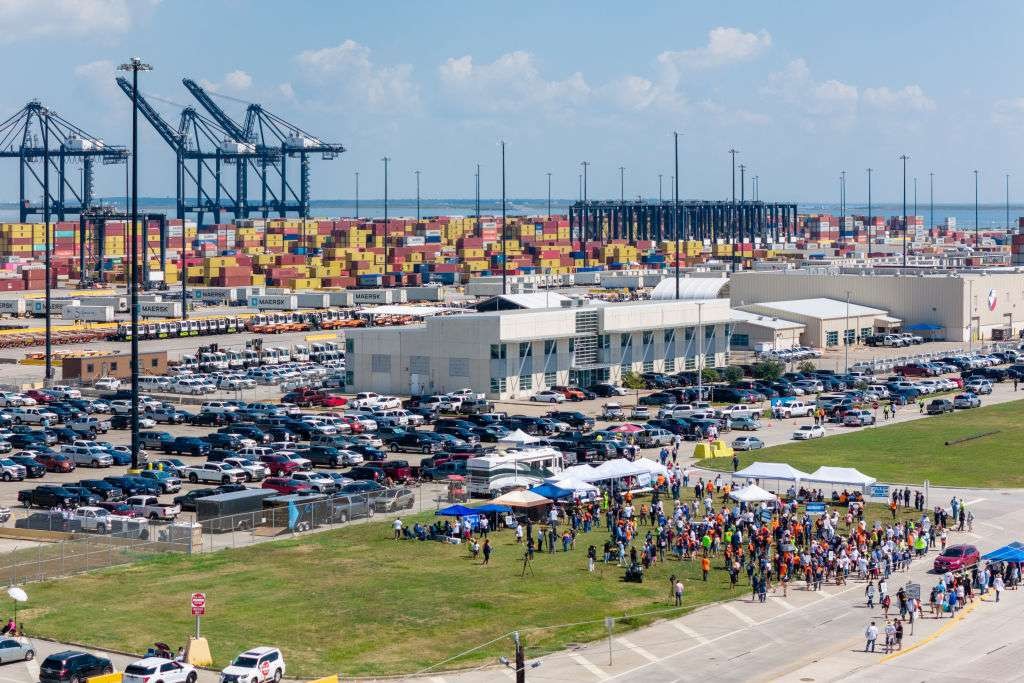
In a massive display of labor solidarity, approximately 50,000 dockworkers along the West Coast of the United States have gone on strike, bringing major ports to a standstill and demonstrating their collective influence over the nation's economy.
The strike, organized by the International Longshore and Warehouse Union (ILWU), involves workers at 29 ports stretching from California to Washington state. These ports handle nearly 40% of US imports, making the work stoppage a significant event with far-reaching consequences.
At the heart of the dispute are concerns over job security, wages, and working conditions. The dockworkers argue that despite record profits for shipping companies in recent years, their own compensation and benefits have not kept pace with rising living costs.
The strike's impact is already being felt across various industries. Retailers are bracing for inventory shortages, while manufacturers face delays in receiving crucial components. Agricultural exporters are particularly concerned about perishable goods stuck at the ports.
Economic experts estimate that each day of the strike could cost the US economy billions of dollars. This economic pressure is likely to push both sides towards a resolution, but the dockworkers' union appears prepared for a prolonged standoff if necessary.
The Biden administration is closely monitoring the situation, with some officials hinting at potential intervention if the strike threatens to severely disrupt supply chains or cause widespread economic harm.
This labor action highlights the critical role that dockworkers play in the global supply chain and demonstrates their ability to leverage that position in negotiations. It also reflects broader trends of increased labor activism across various sectors in the US, as workers seek better conditions in a changing economic landscape.
As negotiations continue, both the shipping industry and consumers across the country are anxiously awaiting a resolution, underscoring the interconnected nature of the modern economy and the power of organized labor to influence it.